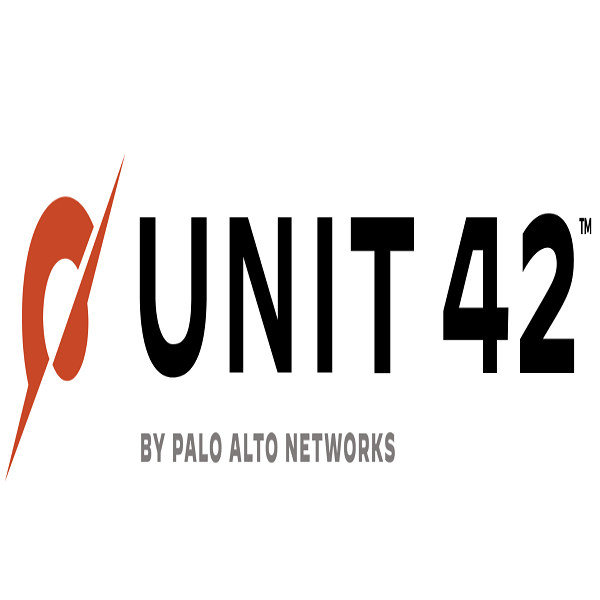Ollama, a leading provider of AI infrastructure tools, has recently faced scrutiny due to a critical Remote Code Execution (RCE) vulnerability. This vulnerability, tagged as CVE-2024-37032, allows attackers to execute arbitrary code on affected systems, posing significant security risks.
The RCE vulnerability in Ollama’s AI infrastructure tool, Probllama, is particularly concerning due to its remote exploitability, which means attackers can execute code without physical access. The flaw is due to insufficient input validation in the API endpoint “/api/pull,” allowing attackers to inject malicious payloads. The issue is especially problematic in Docker installations where default settings expose the API server publicly.
Cybersecurity researchers at Wiz discovered the vulnerability and followed responsible disclosure practices by notifying Ollama. The collaboration between the researchers and Ollama led to a swift response, highlighting the importance of cooperative efforts in cybersecurity. Previously, Wiz researchers discovered vulnerabilities in AI-as-a-Service providers.
Ollama has taken several steps to address the vulnerability and protect its users:
- A patch was quickly developed and released, addressing the input validation flaw. To mitigate this risk, users should update to version 0.1.34 .
- Ollama has initiated a comprehensive security audit of its codebase to identify and rectify any other potential vulnerabilities.
- Detailed advisories and guidelines were provided to users. This explains the nature of the vulnerability, the risks involved, and the steps to apply the patch.
The critical RCE vulnerability in Ollama’s AI infrastructure tool highlights several important considerations for the AI and cybersecurity communities:
- Firstly, his incident shows the need for efficient input validation and sanitization in software development.
- Furthermore, organizations using AI tools and other critical software should implement proactive security measures. This includes regular security audits, timely patch management, and collaboration with security researchers.
- Lastly, Similar issues can be further prevented by awareness of the risks associated with software vulnerabilities. Additionally, providing training on secure coding practices contributes to software security.
In conclusion, the critical RCE vulnerability discovered in Ollama’s AI infrastructure tool serves as a reminder of the present risks. While Ollama’s prompt response and collaboration with the cybersecurity community are commendable, this incident reinforces the need for continuous vigilance, improved security practices, and proactive measures.





